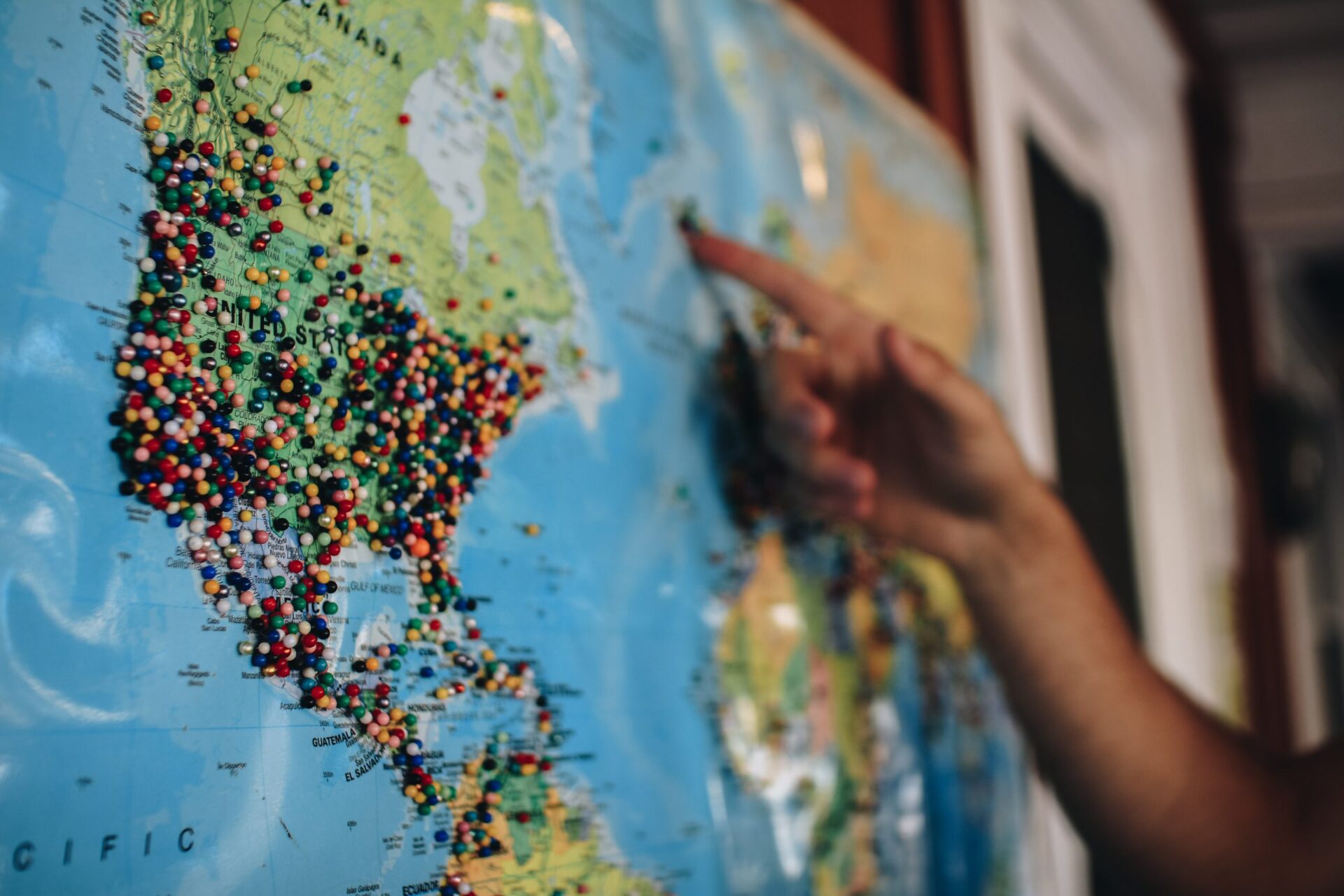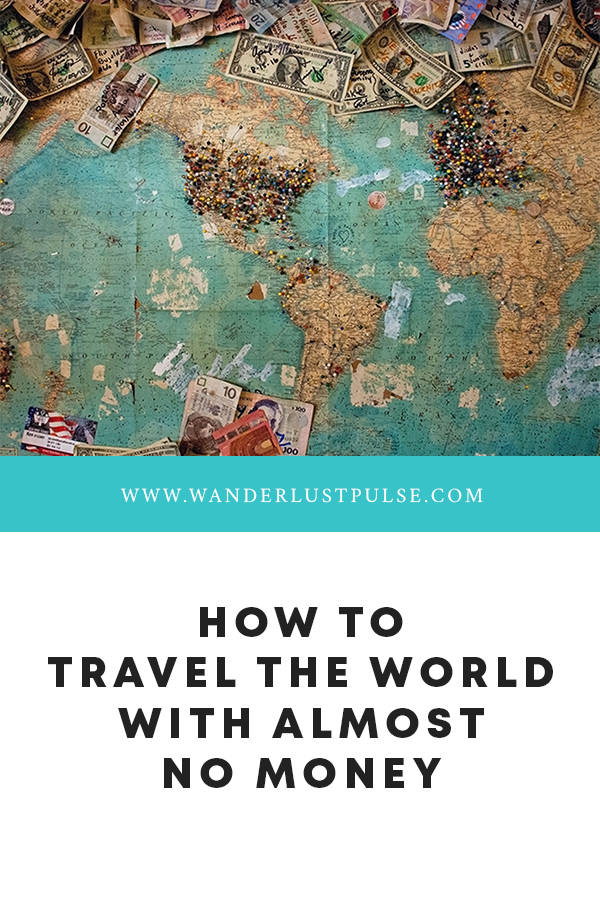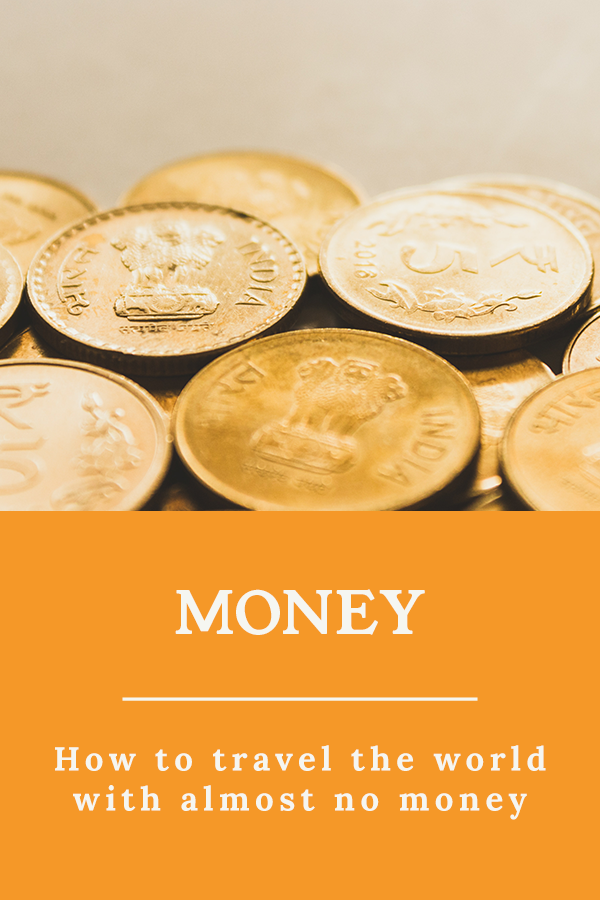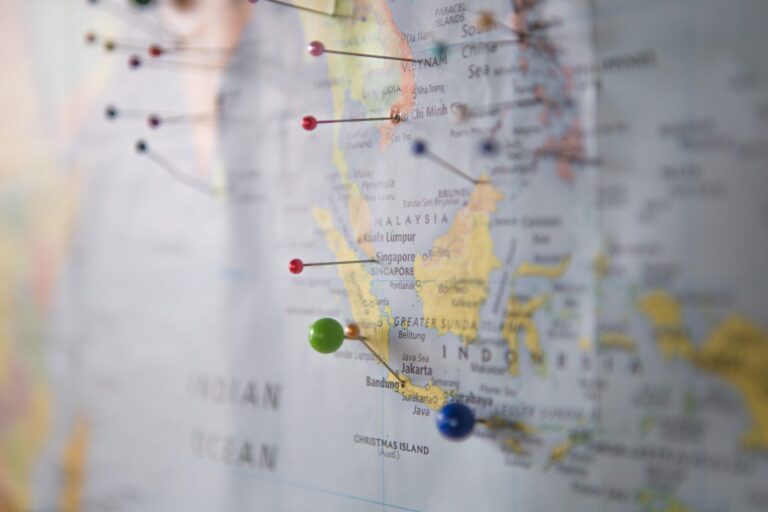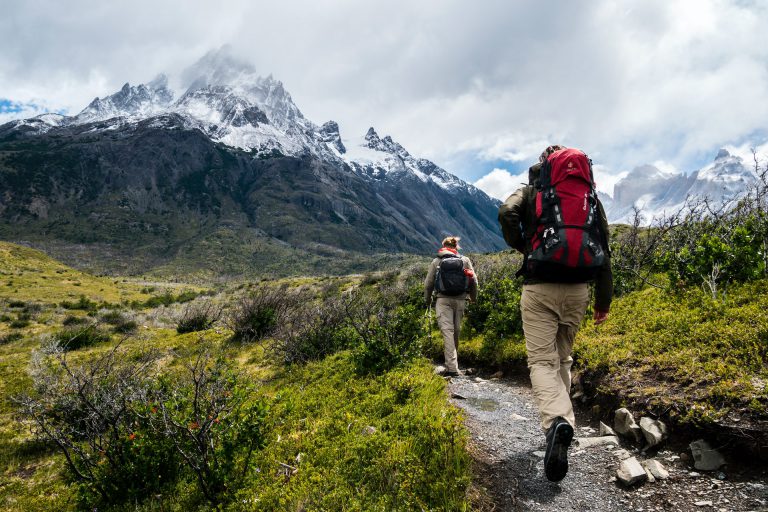How to travel the world with almost no money
Many people daydream about traveling the world, but most of them are too afraid to leave their comfort zone, or have the same excuse – a lack of money.
Tomislav Perko had the same excuses, but found a few ways to travel the world for almost no cost. After doing this for nearly 5 years, he was invited to a TEDx conference to tell his story and share his experiences.
We’ve included his TEDx conference below, and dove a bit deeper into his tips and tricks.
Page Contents
How to travel the world relatively cheap
Most people are in love with the idea to travel the world, but are too scared of leaving everything and everyone they know behind… leaving this so called “comfort zone.” That’s something Tom has experienced himself as well, and his most important tip is to take a leap of faith.
His personal travel story started in 2008 when he was still working a 9-5 as a stockbroker. During the stock market crash Tom lost his job, his savings, and his meaning in life. This was around the same time he discovered a website called Couchsurfing, where he could host travelers from over the world in his home.
After hosting over 150 couchsurfers in his apartment, being inspired by listening to their stories, and seeing the sparks in their eyes when they told those stories, the flame was passed to Tom.
He started asking tips to these couchsurfers, and most of them were unanimous: leave your comfort zone and just go for it! According to them, people are being institutionalized by the media and by our education system to never leave our comfort zone because “it’s too dangerous.”
Another stigma he had to break for himself was the fact that you don’t have to be rich to travel the world.
The cost of traveling the world
From all the stories he was being told, he realized that you can fit all your necessary expenses while you travel the world into three major categories:
- Transportation (Going from Point A to B)
- Accommodation (places to sleep)
- Food, drinks, supplies, etc.
As soon as he realized how he could bring these expenses to a minimum, he realized that it could even be cheaper to travel the world instead of living in his own city!
This took away his last hurdle and for the next five years, Tom traveled the world with almost no money. Here is how he did it.
Hitchhiking around the world
Apart from being free and being relatively fast, hitchhiking is pretty functional: it allows you to go from point A to point B while experiencing a little adventure.
According to Tom, there are no rules to hitchhiking, you just have to “get out there, enjoy life, and wait for the right person to stop.”
While we agree with this approach, there are a few basic tricks to improve your chances of being picked up while hitchhiking:
- Approach people at gas stations. This gives you more time to tell your story and establish a connection to score a lift.
- Always pick a hitchhiking spot where a car can easily pull aside.
- Go near the edge of the city. When you’re hitchhiking at the edge of the city, you’re already sure they are covering a bigger distance.
- Look decent and smile.
In his TEDx-talk, Tom covered a few other alternatives to transportation to travel the world:
- Walking. You just take your backpack and hit the road.
- Cycling. This won’t be completely free, since you’ll have to buy the bicycle and maintain it, but it’ll be a lot cheaper than most other conventional methods of transportation.
- Working while you travel the world. This is something he did while he was sailing across the Indian Ocean from Australia to Africa. He didn’t have to pay for the ride, however: he had to work on the boat: Cooking, keeping watch at night and some other relatively easy tasks.
Finding accommodation
The next thing you’ll have to figure out when you’re trying to travel the world, is figuring out where you’re going to spend the night. You’ll be able to couchsurf in most of the bigger cities, but it’ll be way more difficult when you’re passing through smaller communes.
The thing about Couchsurfing – except for the fact that it’s free – is that it immediately creates a connection with your host, which gives you a different perspective of the destination. This is because you won’t approach the city you’re visiting from the same perspective as the people who get their travel-tips from hotel receptionists or tour guides. You’ll hang out with a local host who’ll take you to the ‘hidden diamonds’ which you probably wouldn’t have visited on your own.
Next to couchsurfing, there are a few alternatives as well:
- Camping. Just bring your tent and you can sleep almost everywhere you want.
- Volunteer. According to Tom, there are a lot of opportunities all around the world that allow you to work in exchange for accommodation. They even offer some food from time to time!
Food consumption
Since we have figured out our way of transport and found a few alternative ways for accommodation, we now have to look at our food consumption.
This is how Tom has solved this problem; “When I was visiting rich cities and rich countries, I usually bought my food in smaller supermarkets and ate it on the streets or parks, which is just the cheapest way.
A unique experience which might teach you a thing or two is cooking together with your couchsurf host. It gives you the opportunity to introduce them to your local dishes, or vice versa.
Another alternative is to go dumpster diving. Most supermarkets and restaurants throw away over 40 to 50% of their food, even when it’s actually not even expired yet: freshly baked breads for example. “Having an ethical problem with this way of working, I just go through the supermarket bins after closing hours and look for food that wasn’t sold.”
Earn money while traveling
While these tips from Tom are indeed cost saving, they also take away the luxury of traveling – or just the ideal image of traveling that we have imposed on ourselves.
There are some options for people who want to travel a little more luxurious as well: find a way to generate a passive income, or look for an active job when you’re on the road.
These are some examples of what Tom did, to keep his dream to travel the world alive:
“You can go Busking. It’s actually pretty easy: You only need to know four songs and repeat them all day, because people are just passing so they don’t really know your setlist! The trick while busking is to have a story and actually tell it. I always kept a small cardboard – which a local wrote for me – telling who I was and what I was doing. Most people donated money, food and drinks. It didn’t make a groundbreaking amount of money, but enough to survive the day.
Another thing which is popular: Write. Write a blog, keep an Instagram or Facebook page, and write. There are a few different ways to monetize it, and who knows: maybe you’ll even get to publish a book!
The thing which brought me the largest amount of money was actually a pretty easy gig in Australia. It’s something so easy, it doesn’t even have a real job title… that’s why I call it ‘a professional traffic diverter’. My task was very simple: asking people to walk a small detour because of construction works. It paid twenty dollars an hour, and food and accommodation was included. I worked this gig for 13 days, and managed to cover eight months of traveling (from Croatia through the entire Asia, reaching Australia), just with the amount of money I earned here.”
Life lessons
After these 5 years of traveling, most people had the two questions for Tom: If he found the meaning of life, and if it was worth it to travel the world.
“It was definitely worth it, yes! I learned a lot of things during this trip – most of it from a personal nature – but also some real life lessons: I learned not to trust the media and their “horror stories”, I learned that we should preserve our earth since it’s the only one we have, and finally the most important one: I learned to tear down my prejudices.
This was one of the craziest things I’ve noticed: people around the world kept trying to point out the differences between the cultures, races, religions and so on, while we’re all actually basically the same.
Every time I was crossing the border, people kept warning me for the residents of the next country which I was about to visit. Apparently they would be all dangerous to the point that they might even kill me! This while every time I crossed the border to enter a new country, I began to experience new amazing adventures and met new amazing people who fed me and let me sleep in their homes.
That’s why the most important life lesson was: never trust all the horror stories that people are telling.”
Post-traveling blues
Where Tomislav Perko started his TEDx talk by telling how he was scared to leave everything behind and leave his comfort zone, Tomislav was confronted with another problem when he stopped his journey to travel the world: He was hit by something called the “Post travel blues”.
You’ll start to miss your backpacking lifestyle of being on the road every day, you’ll start to miss all the amazing people you’ve met, and you’ll start to miss your daily adventures.
After a while, Tomislav figured out there were three different ways to beat this “Post traveling blues”:
- He could just settle down and go back to his old lifestyle; reconnect with his old friends, get his old job back, and after a while the urge of traveling would disappear.
- Take your backpack and leave. He has been exploring the world for the past five years and he enjoyed it. The only thing is: he stopped traveling because he missed having a home.
- So he went with the last option: find a balance between traveling and setting down. He decided to stay in one place, but was focussed on not losing the travel intensity.
Don’t be disappointed by the things you didn’t do
Throughout the years of traveling, he embraced a famous quote which said: “In twenty years from now on, you’ll be more disappointed by the things you didn’t do, than by the things you did do”.
This is why Tomislav made it his current mission to discover the city he lives in: Walk the streets he never walked before, talked with random people, get a new hobbies, write a book about his travel stories (“1000 Days of Spring”), give a TEDx conference talk, and so much more experiences which actually all came down to the same thing: leaving his comfort zone!
More about Tomislav Perko
Tomislav Perko is a travel writer from Croatia who uses alternative ways of traveling – hitchhiking, couchsurfing, working/volunteering, and manages to wander around the world with just a little bit of money in his pocket.

